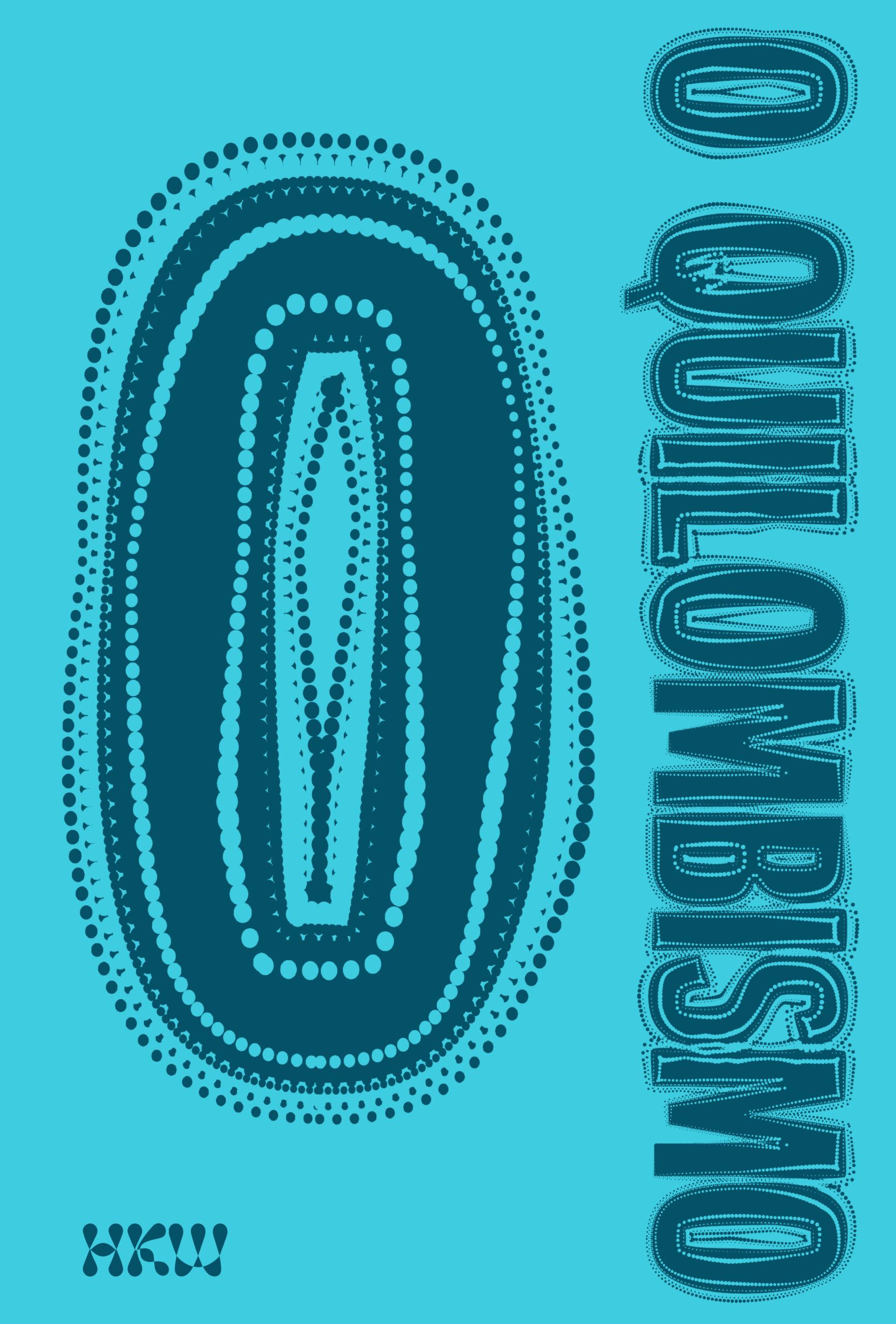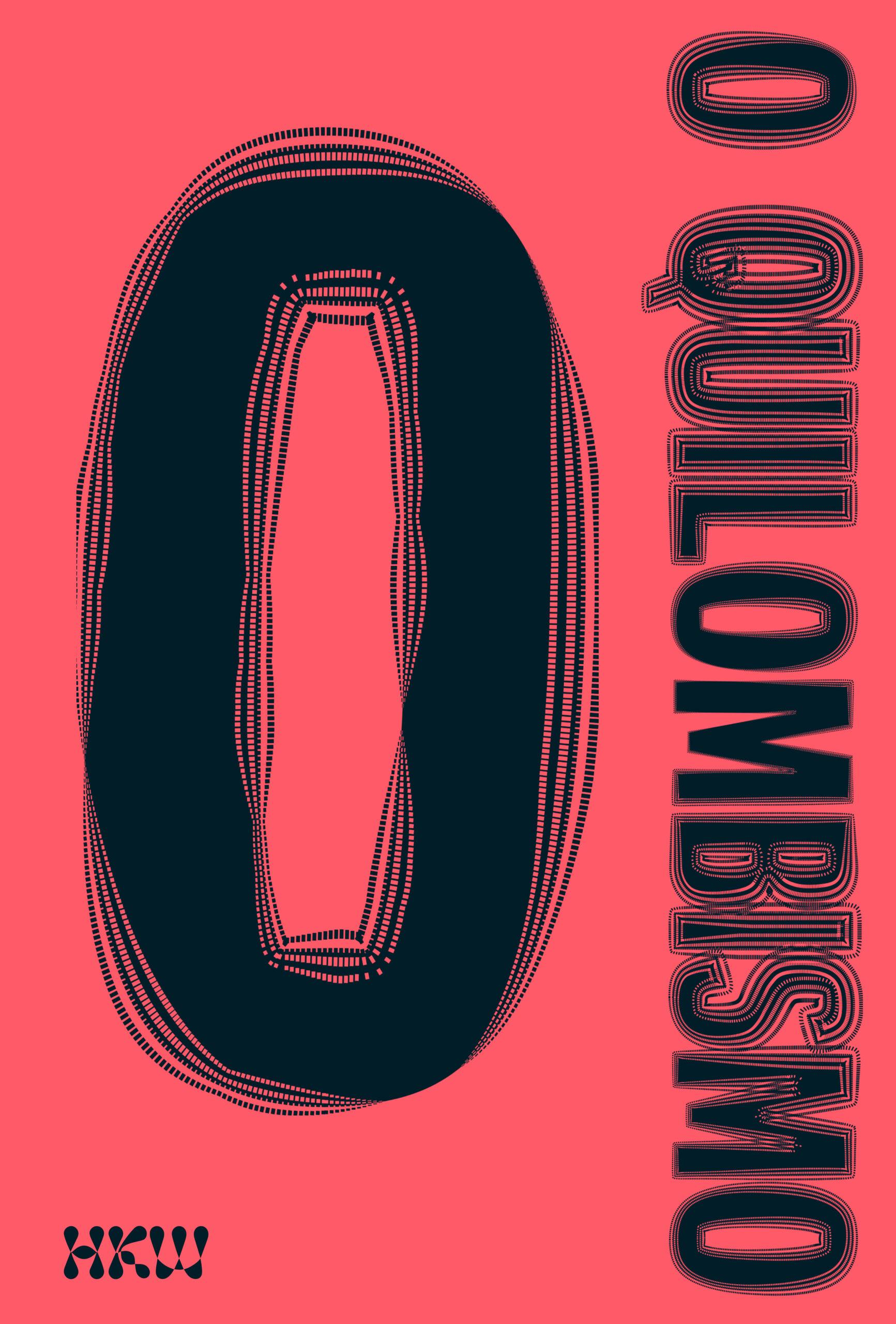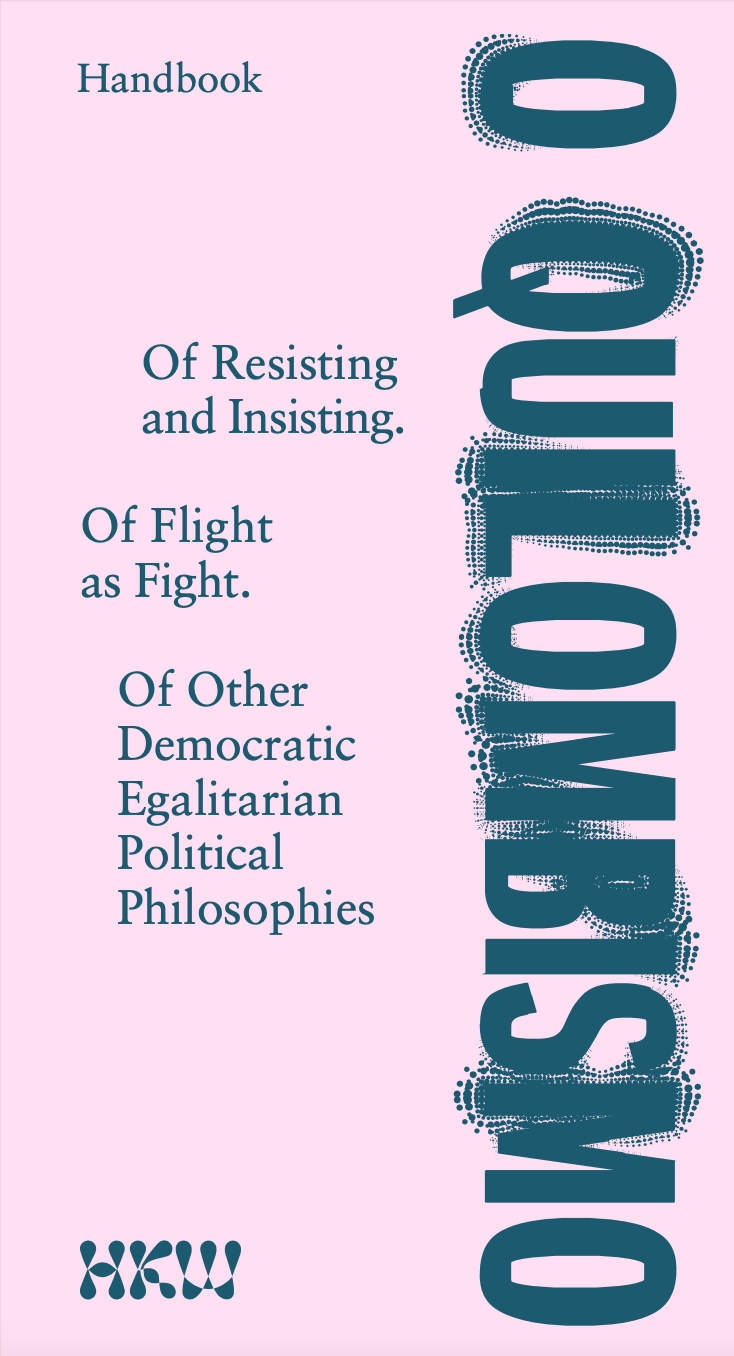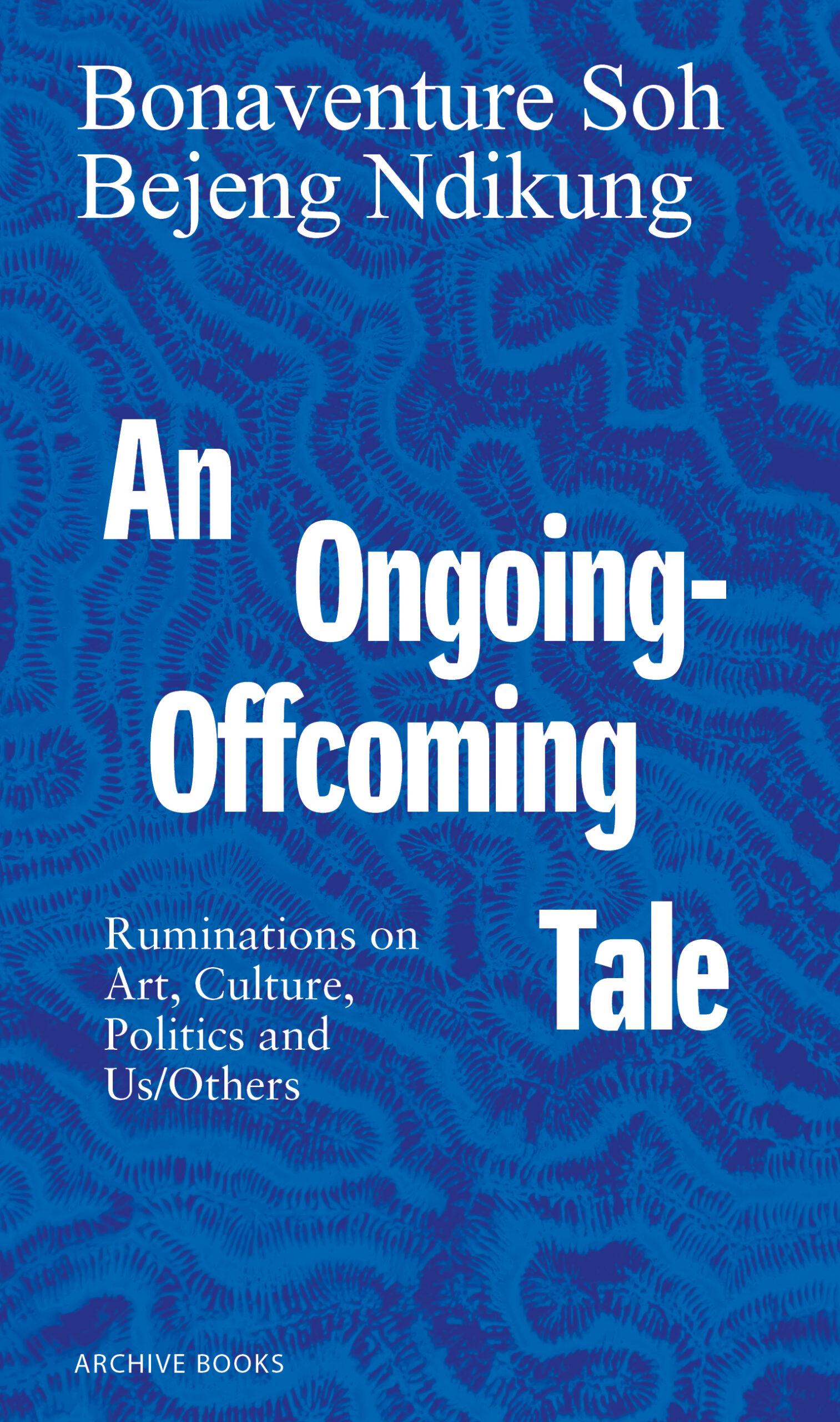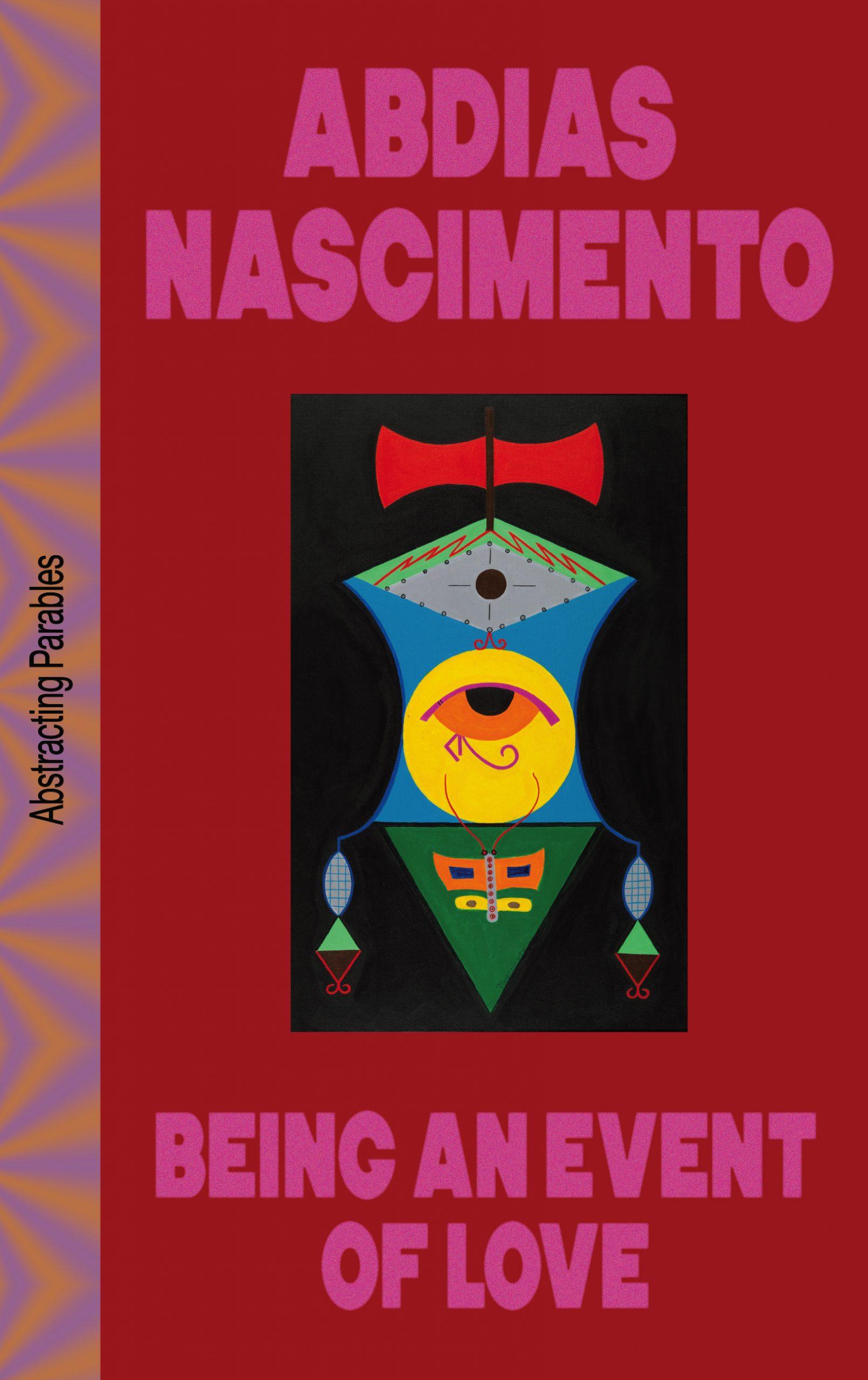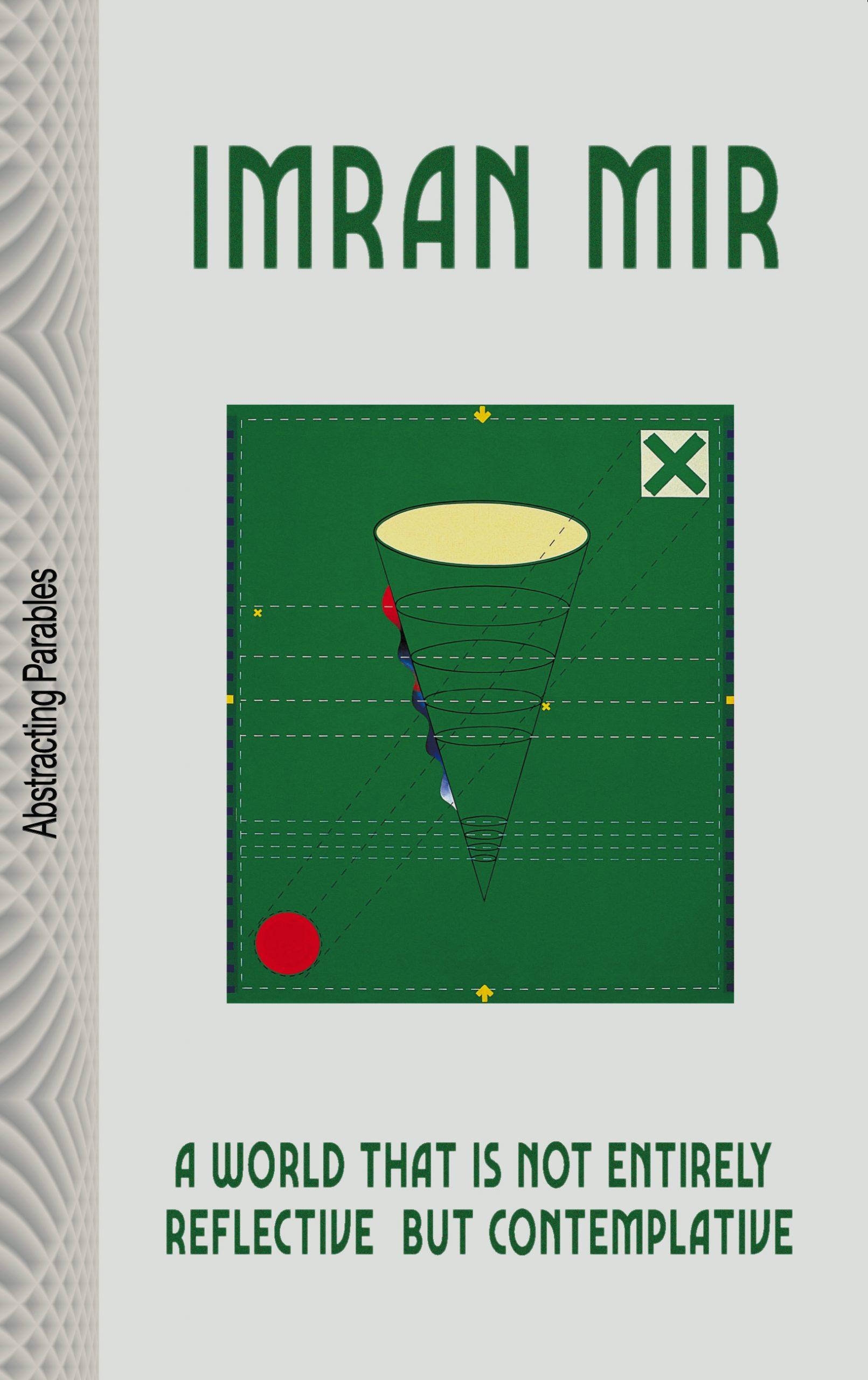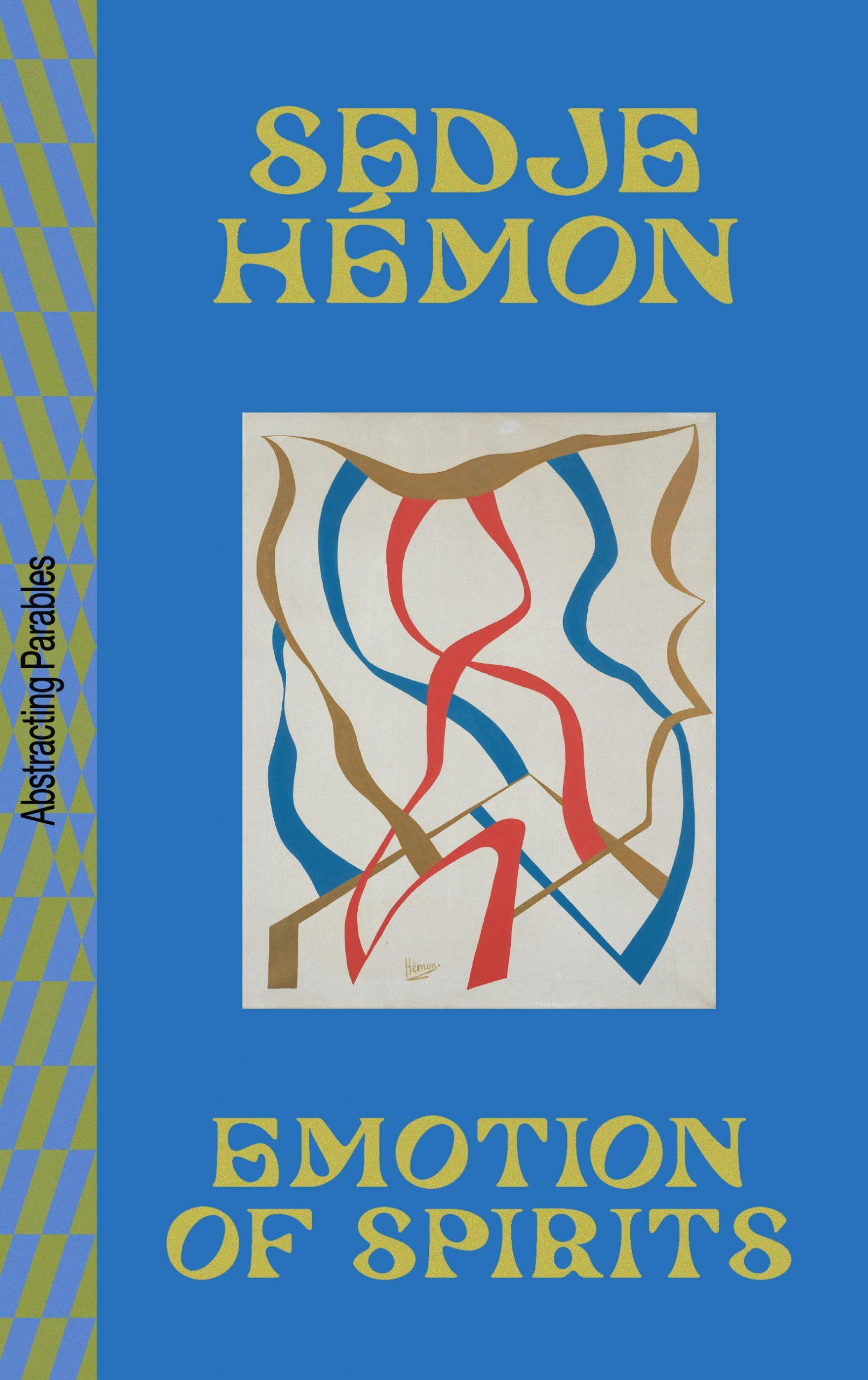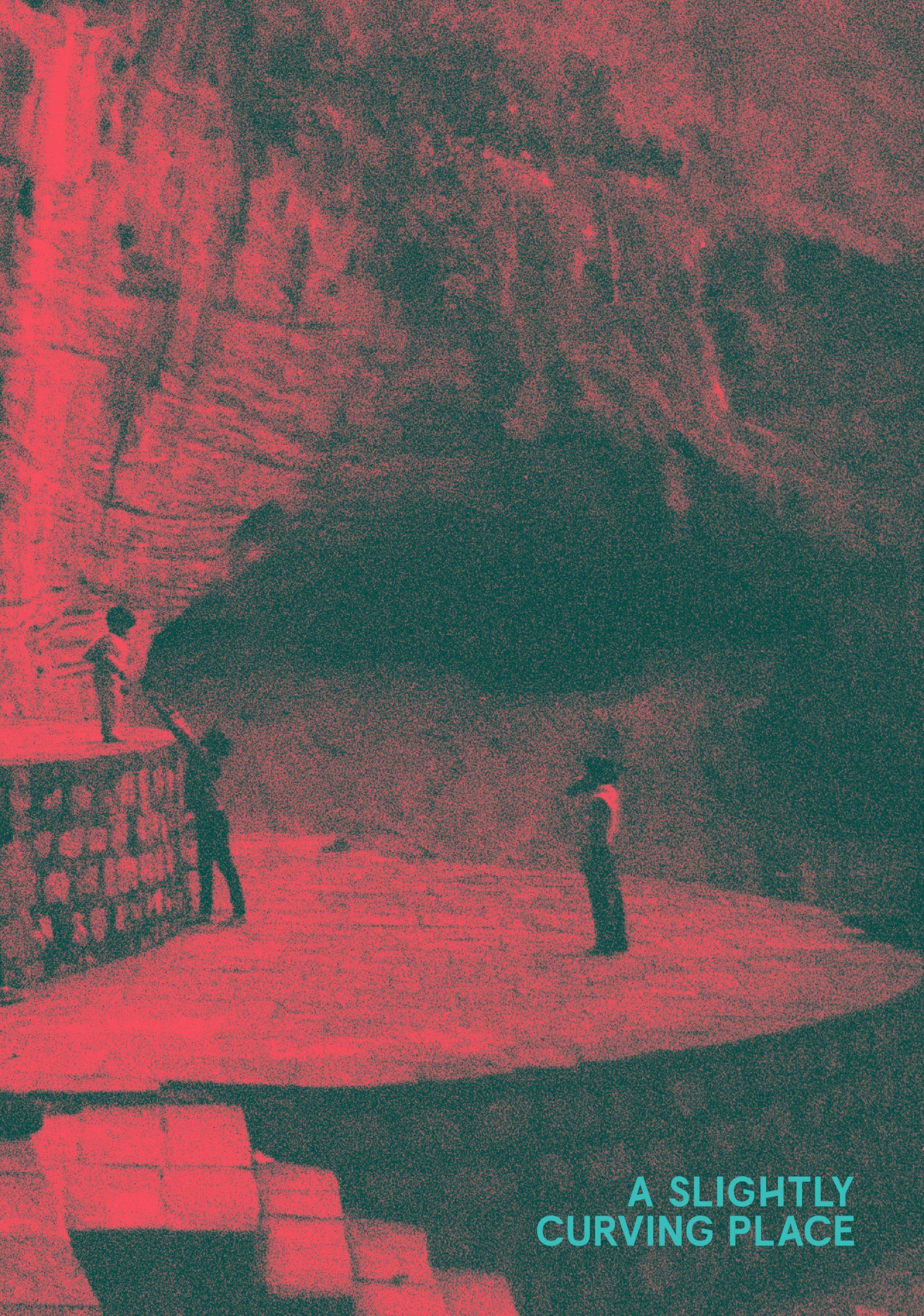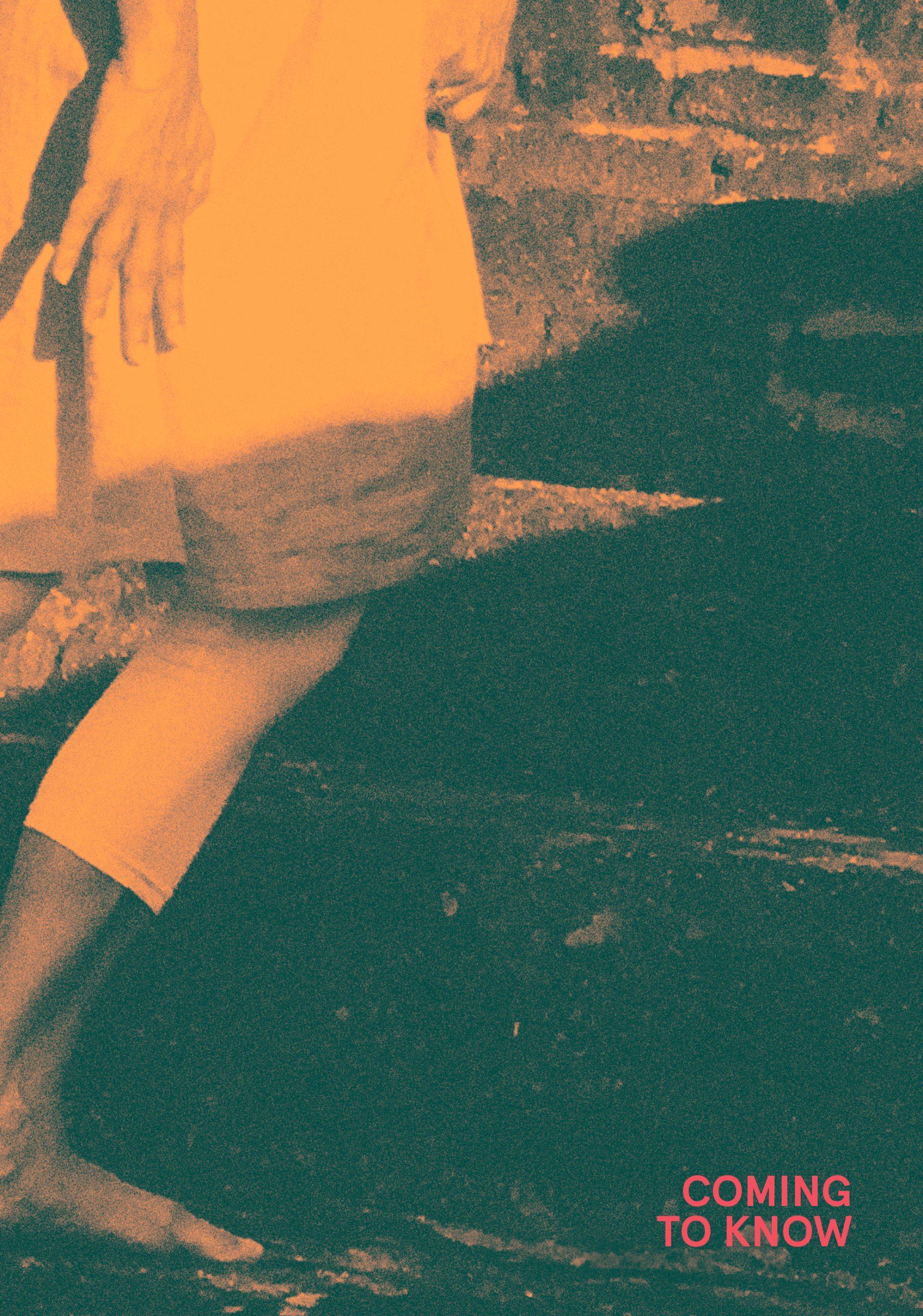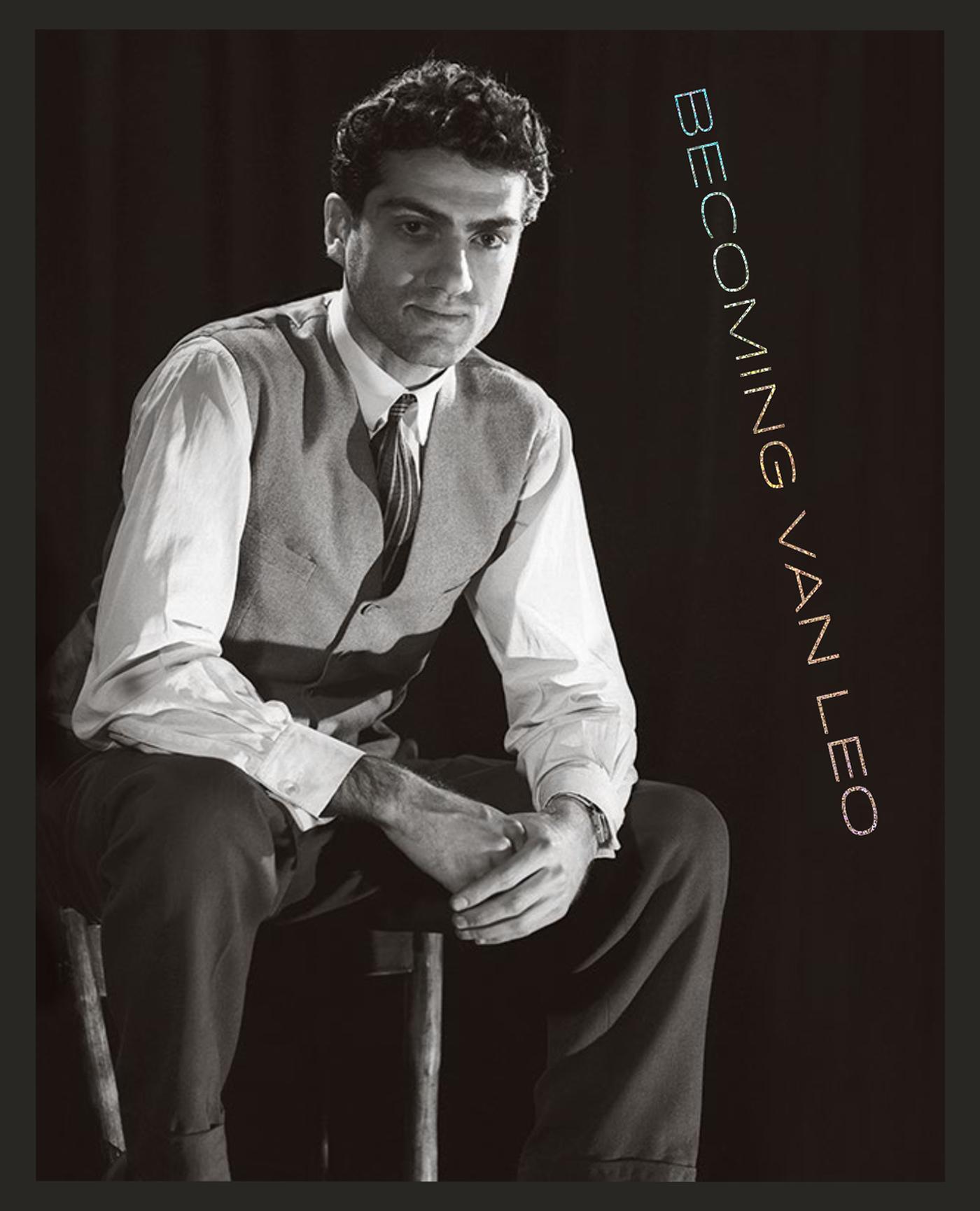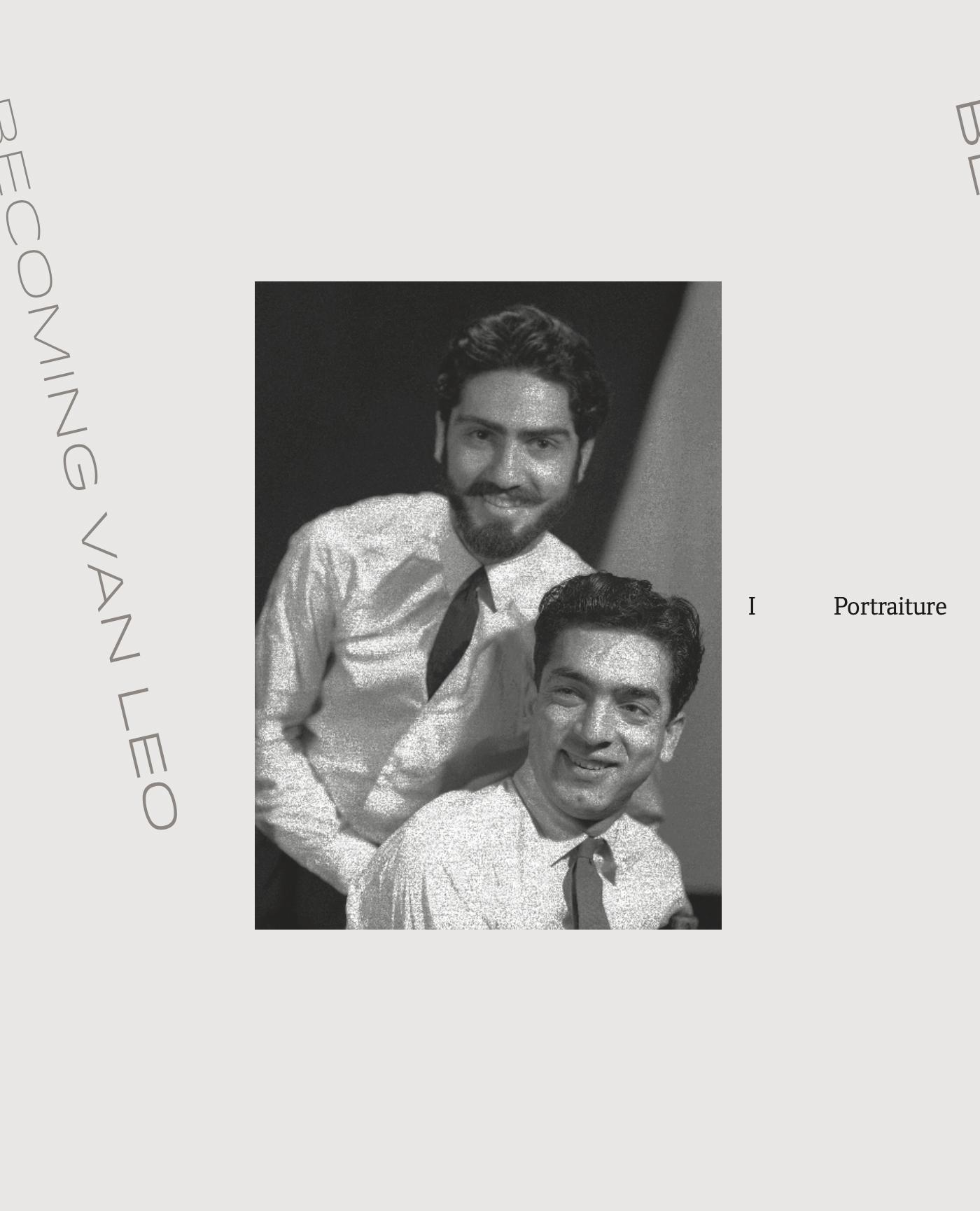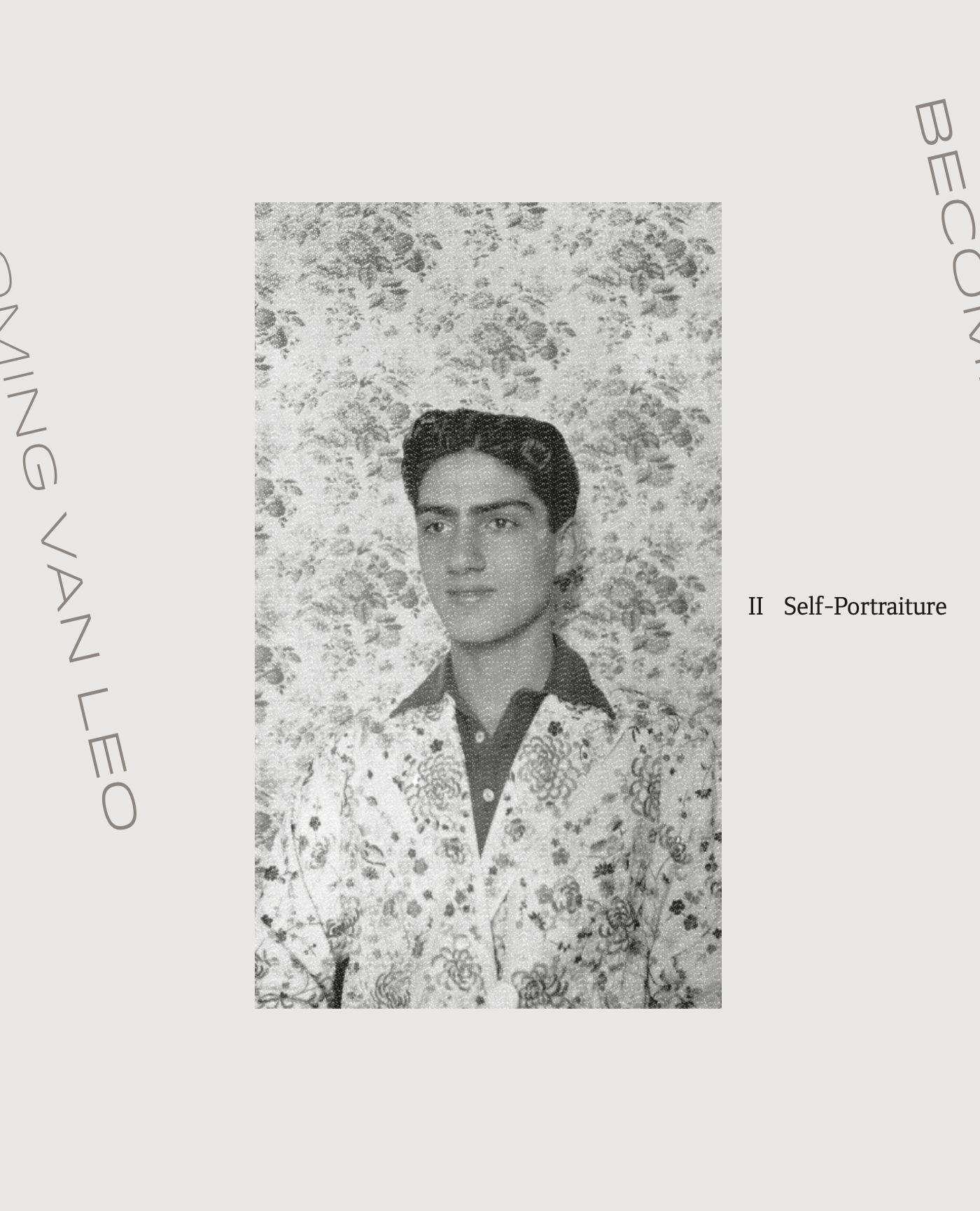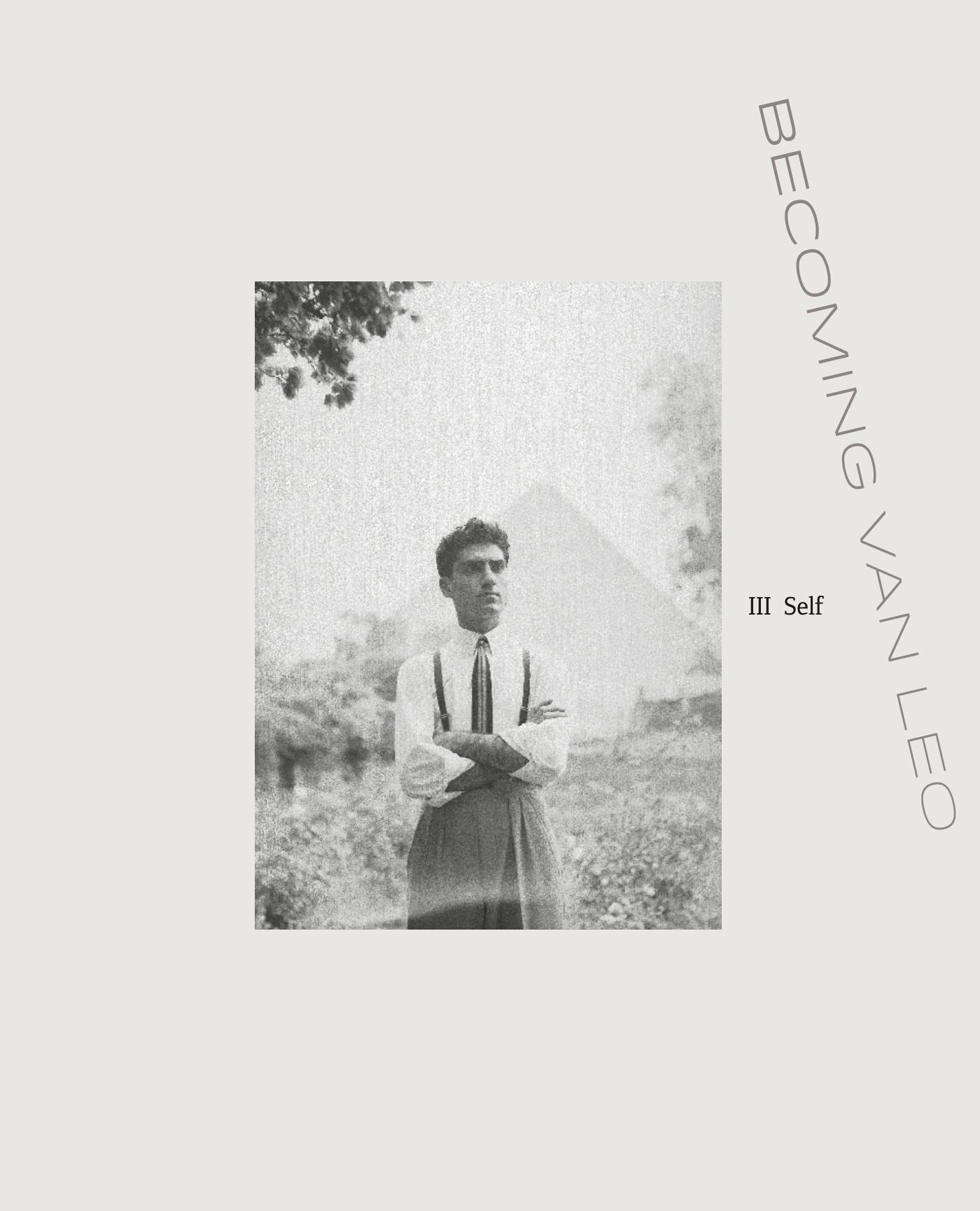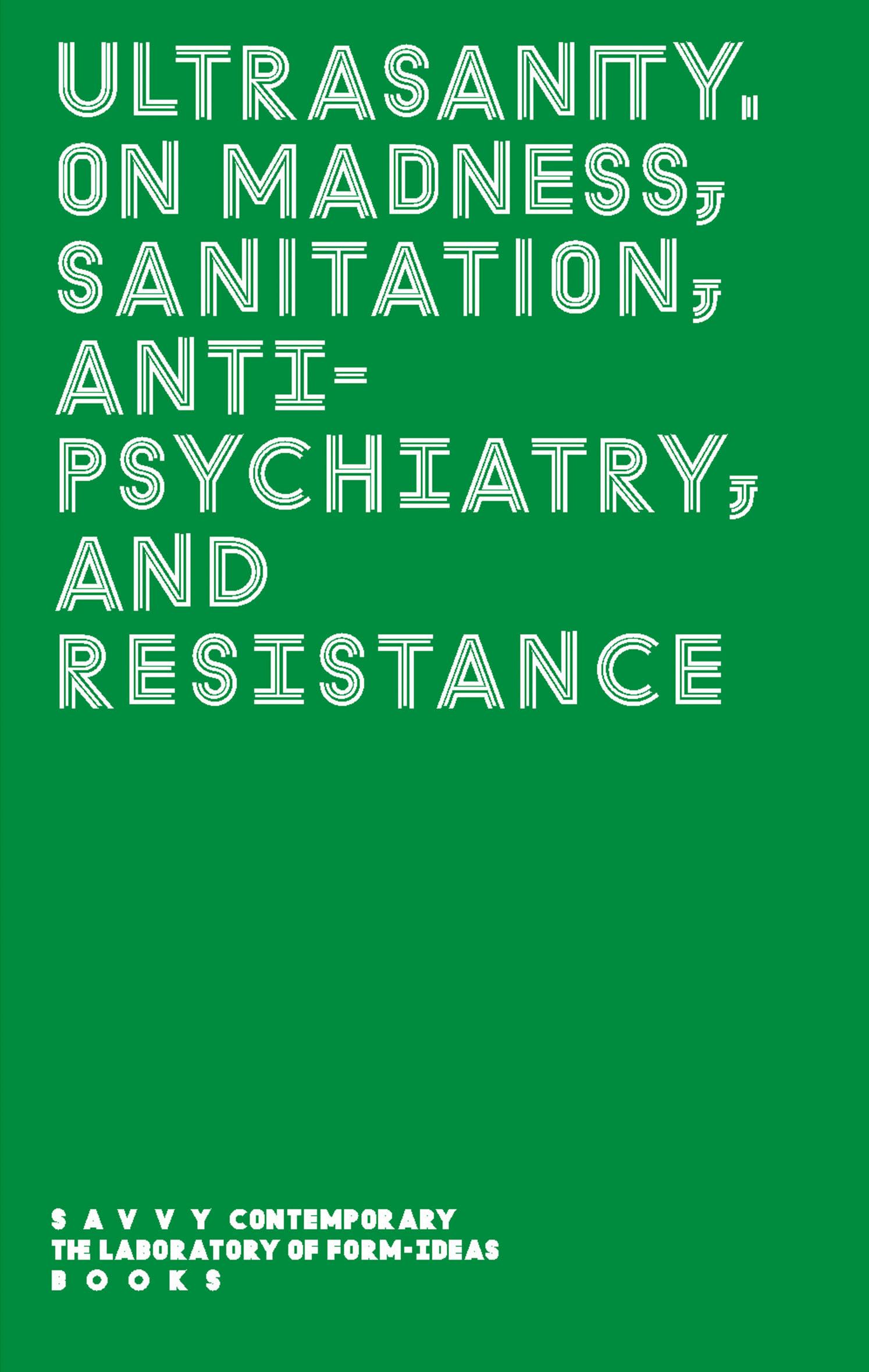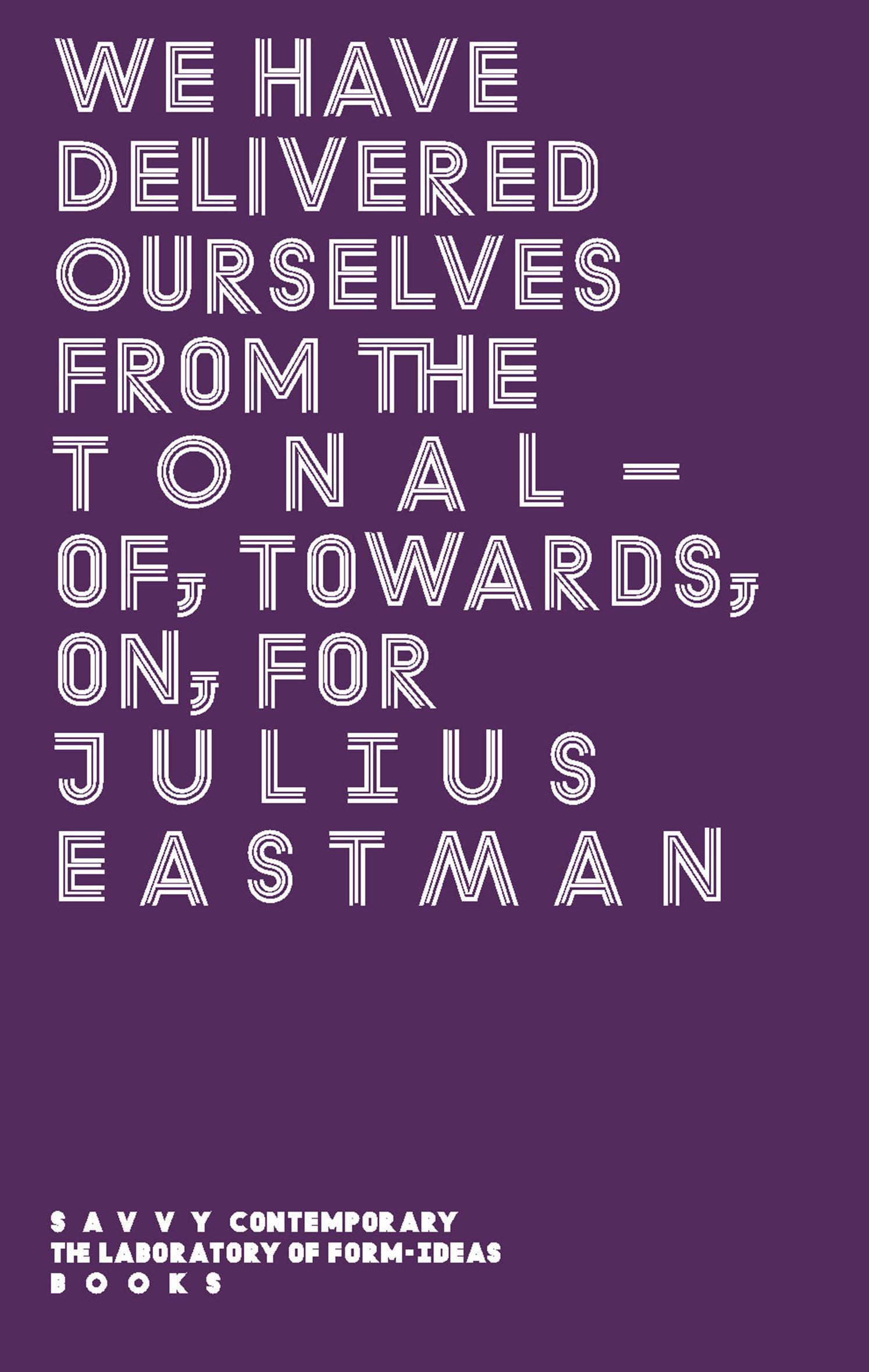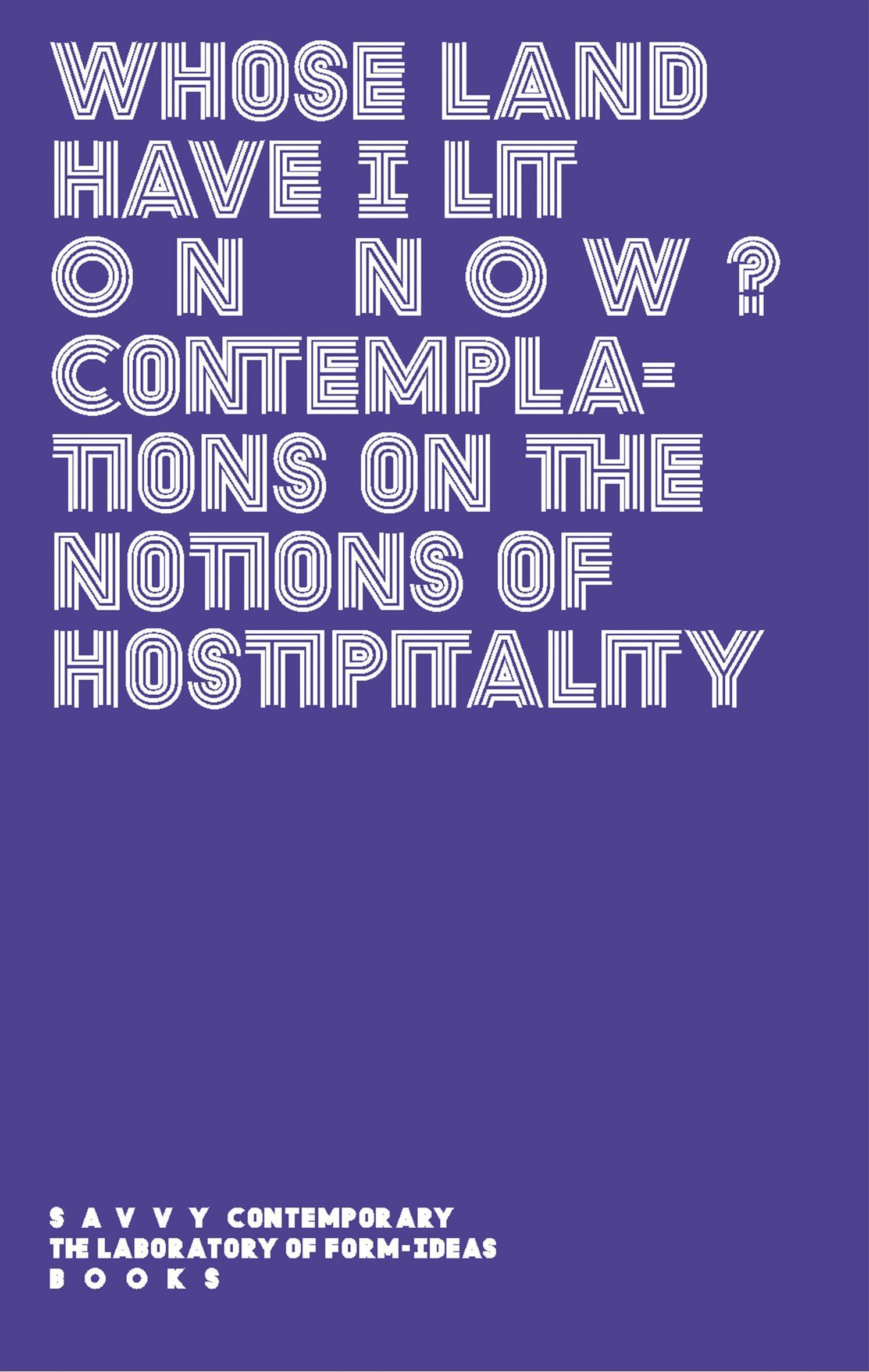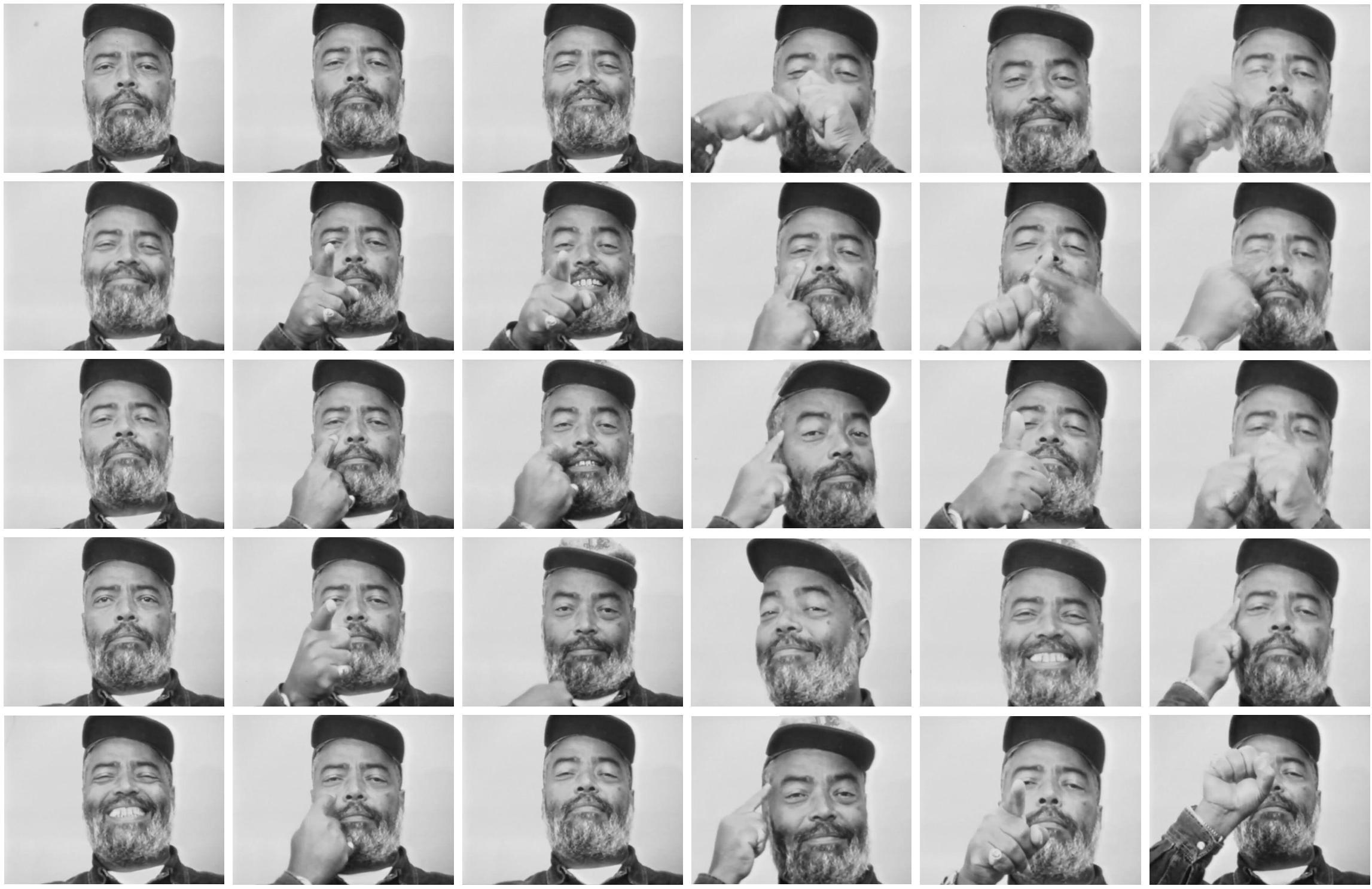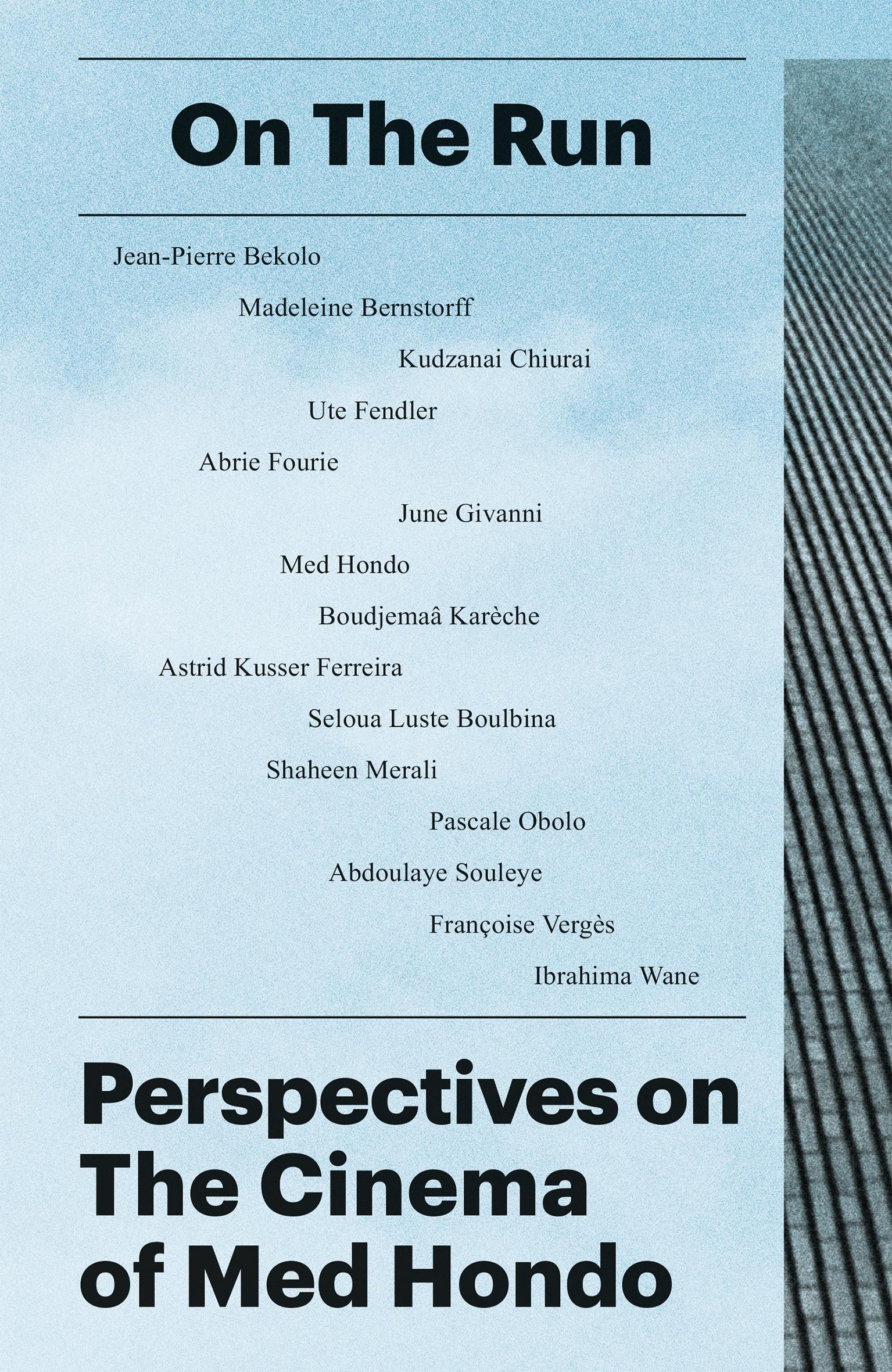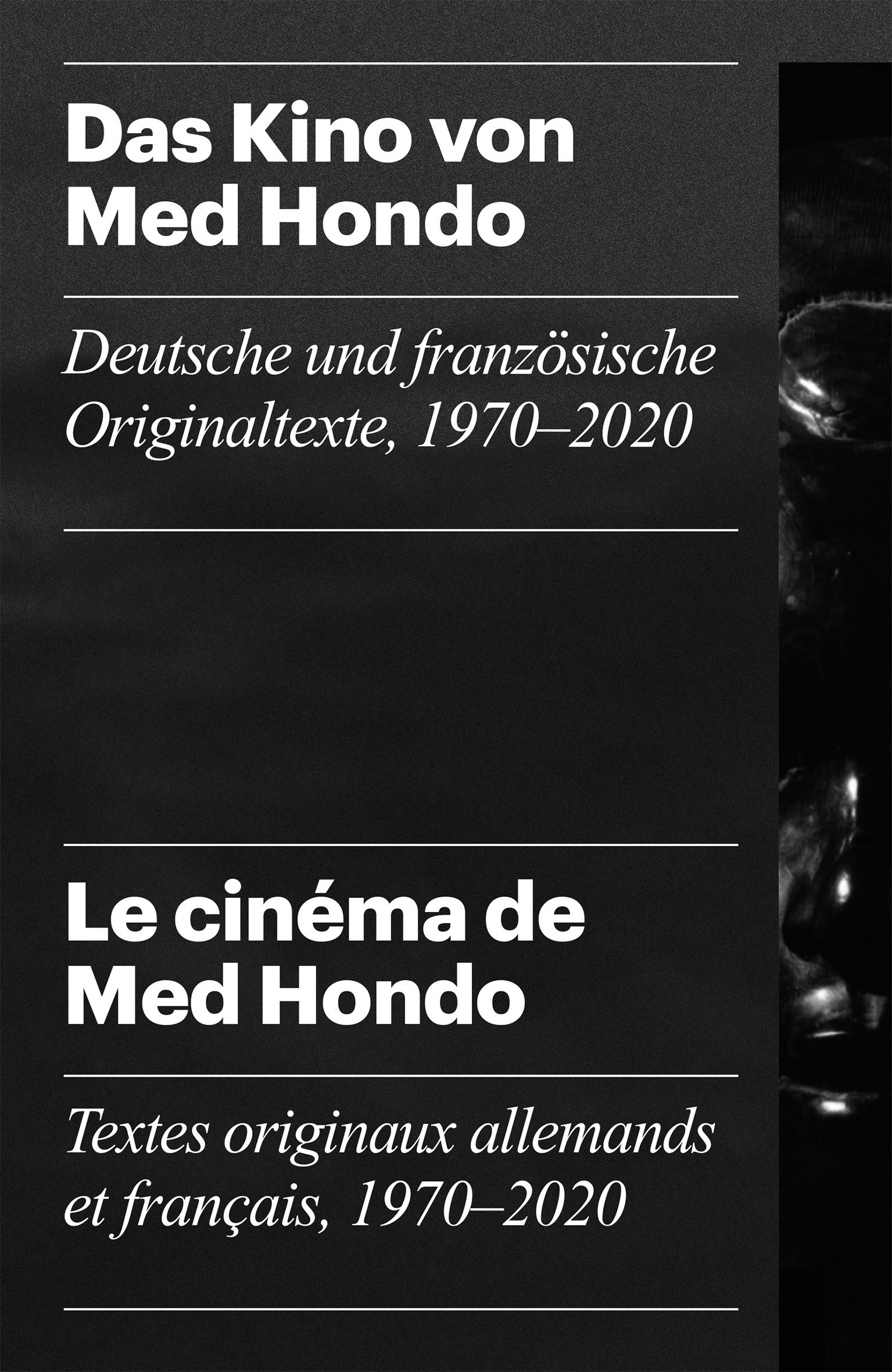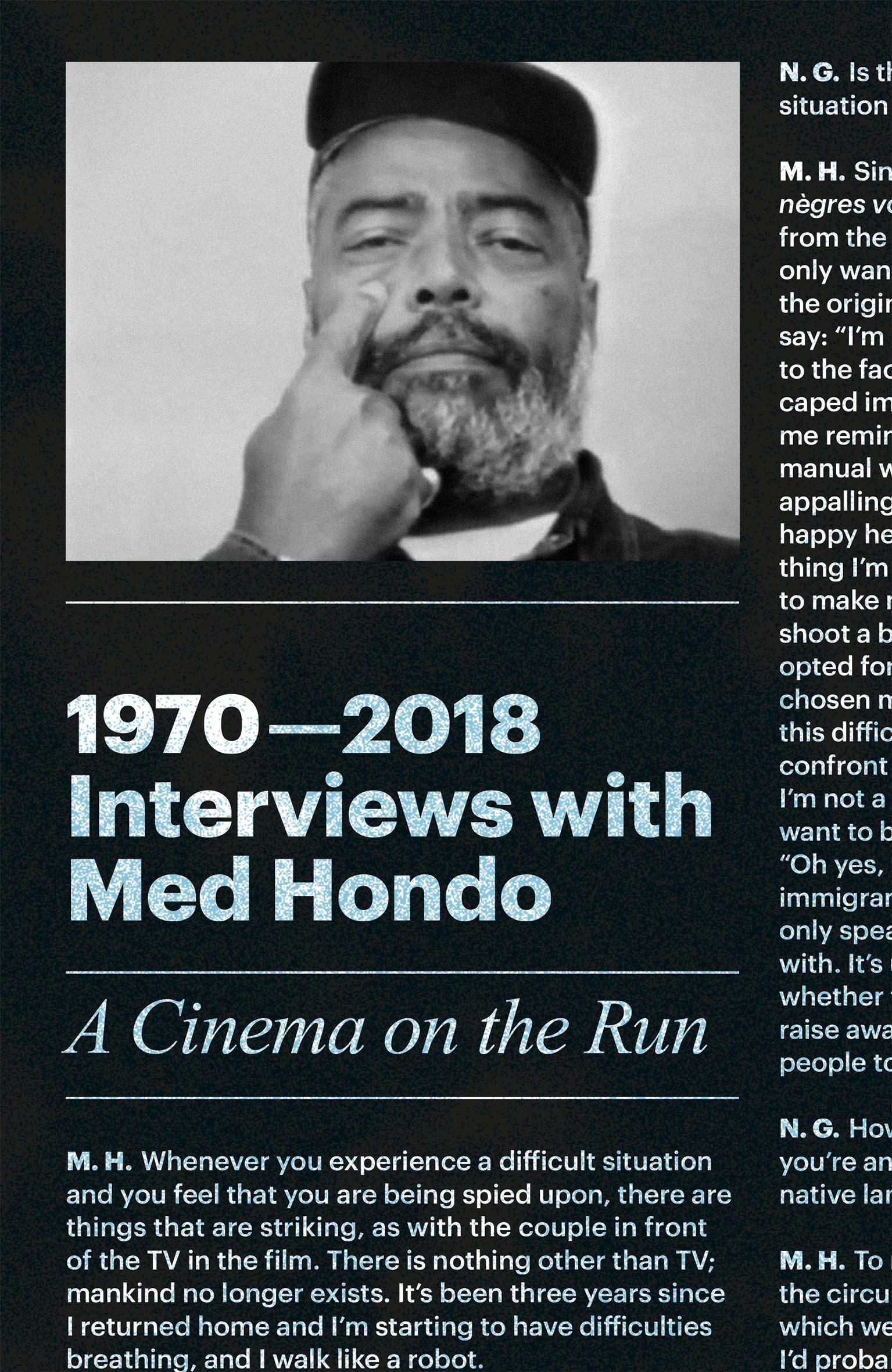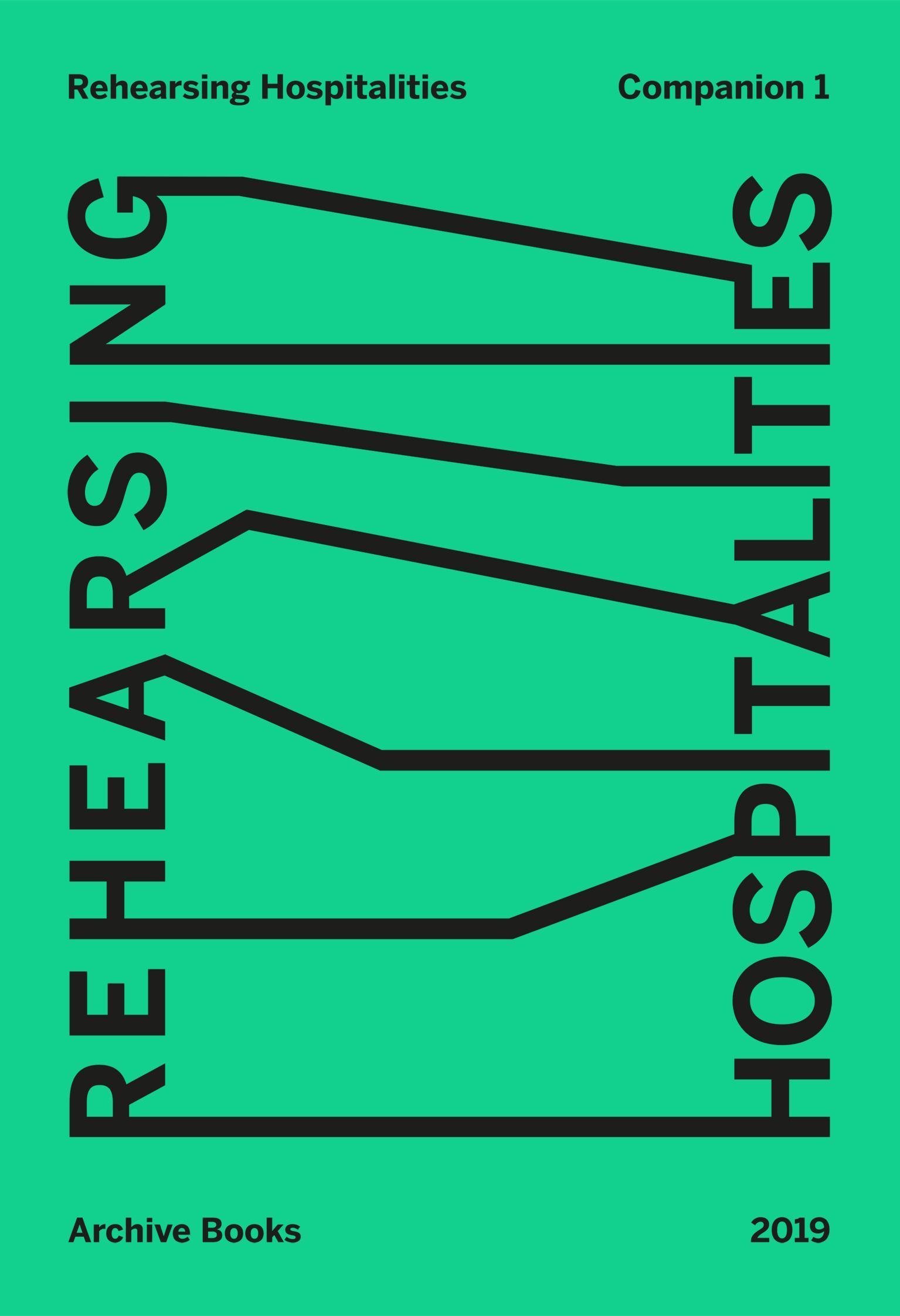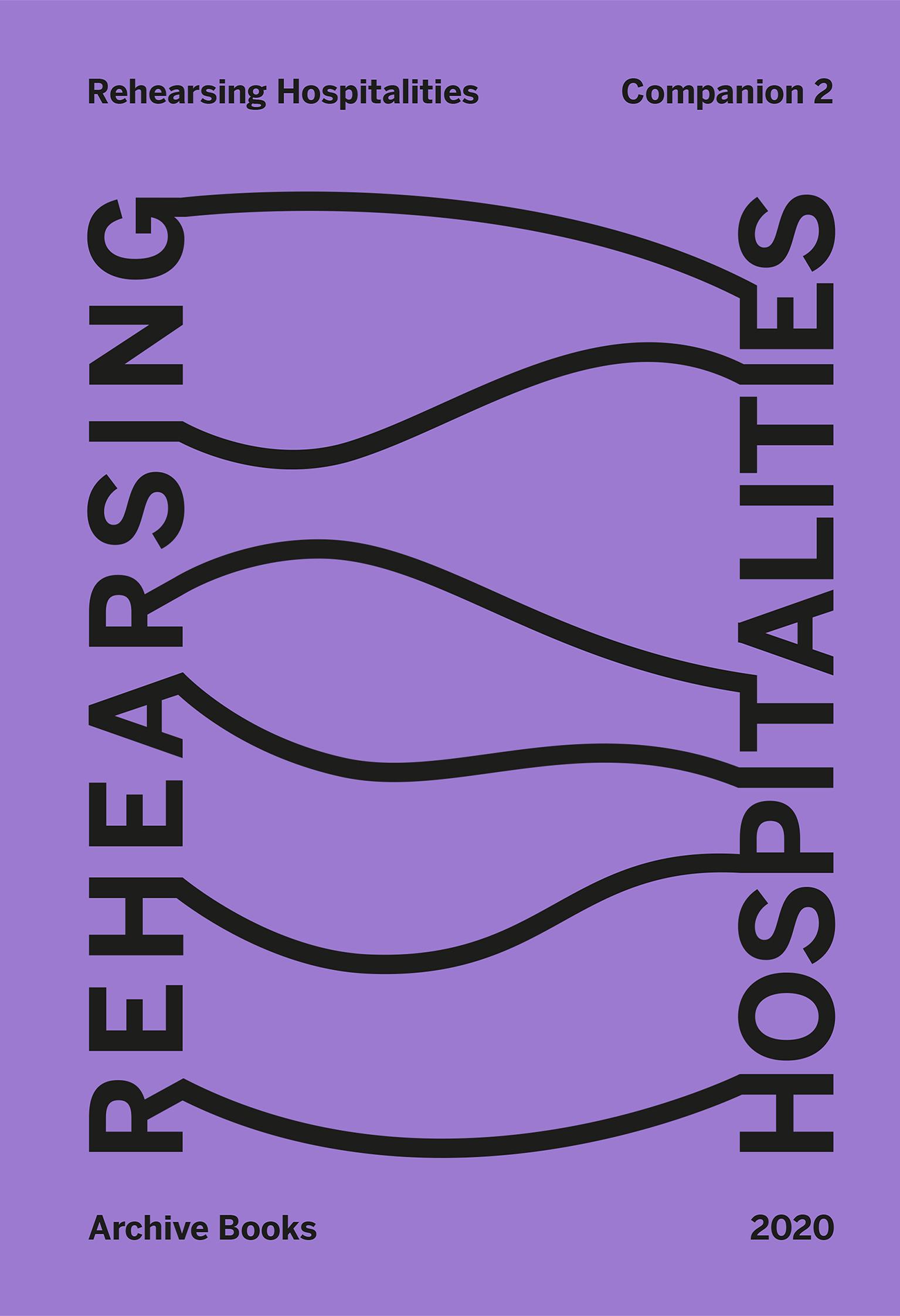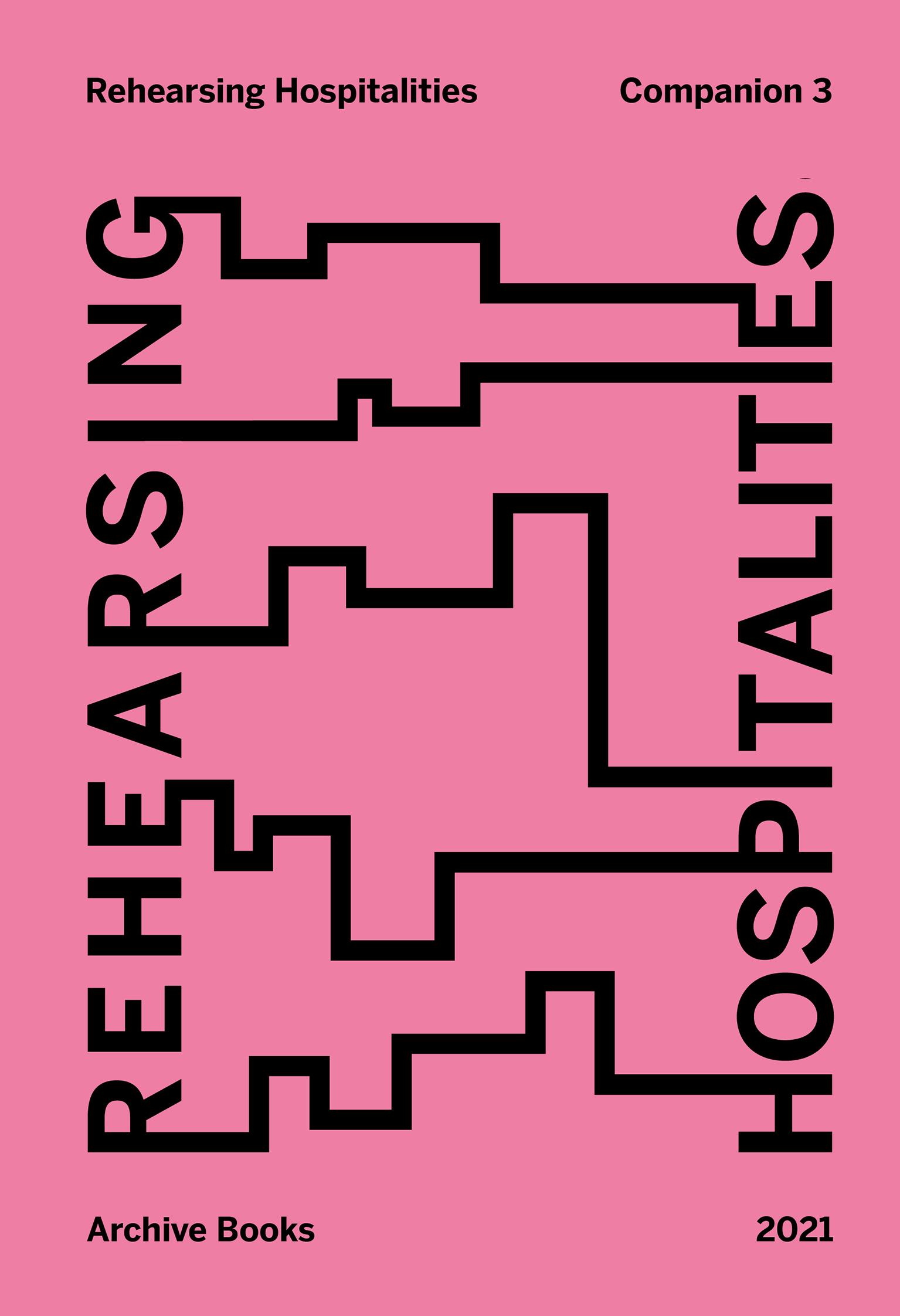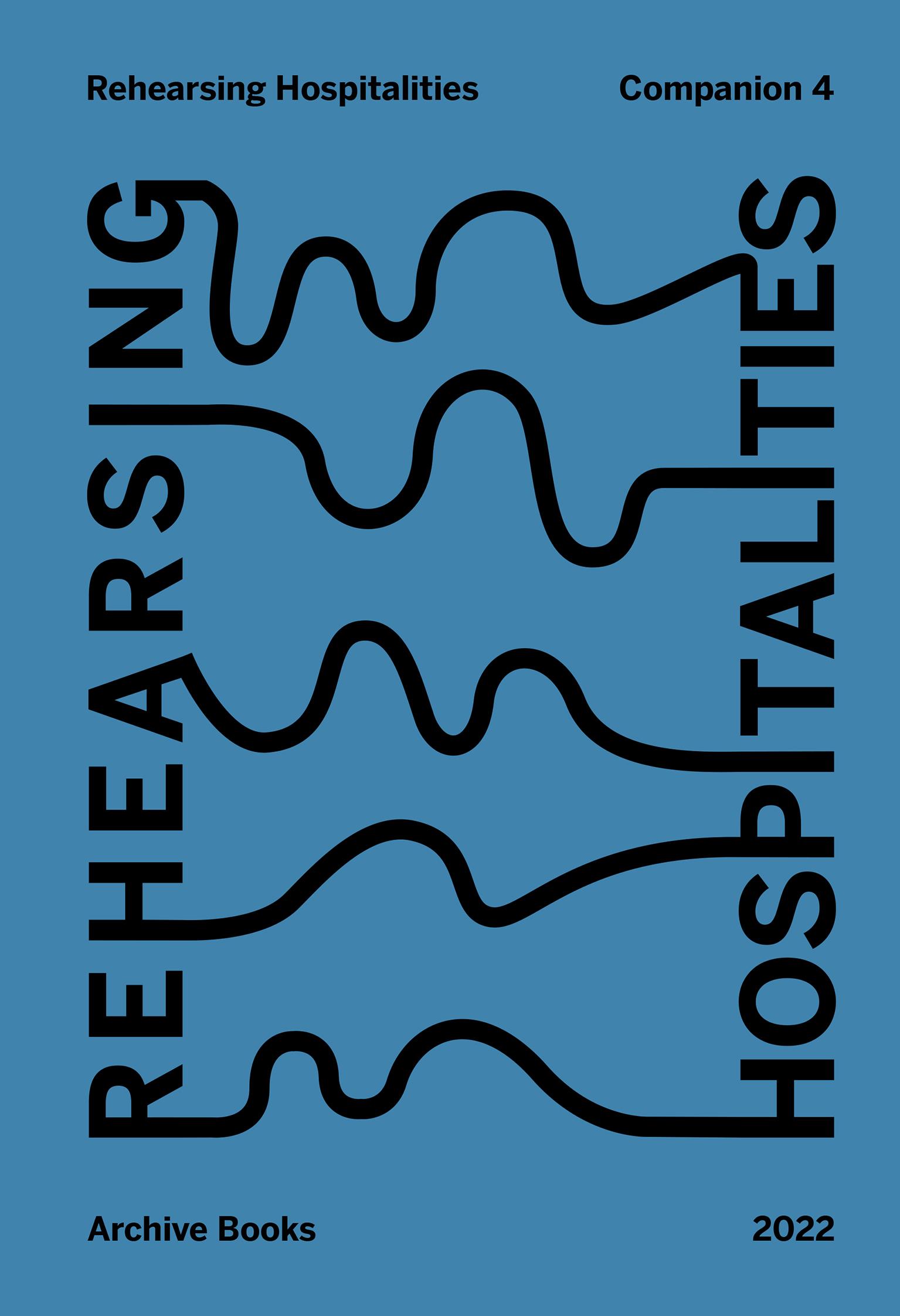John Akomfrah
A Space of Empathy
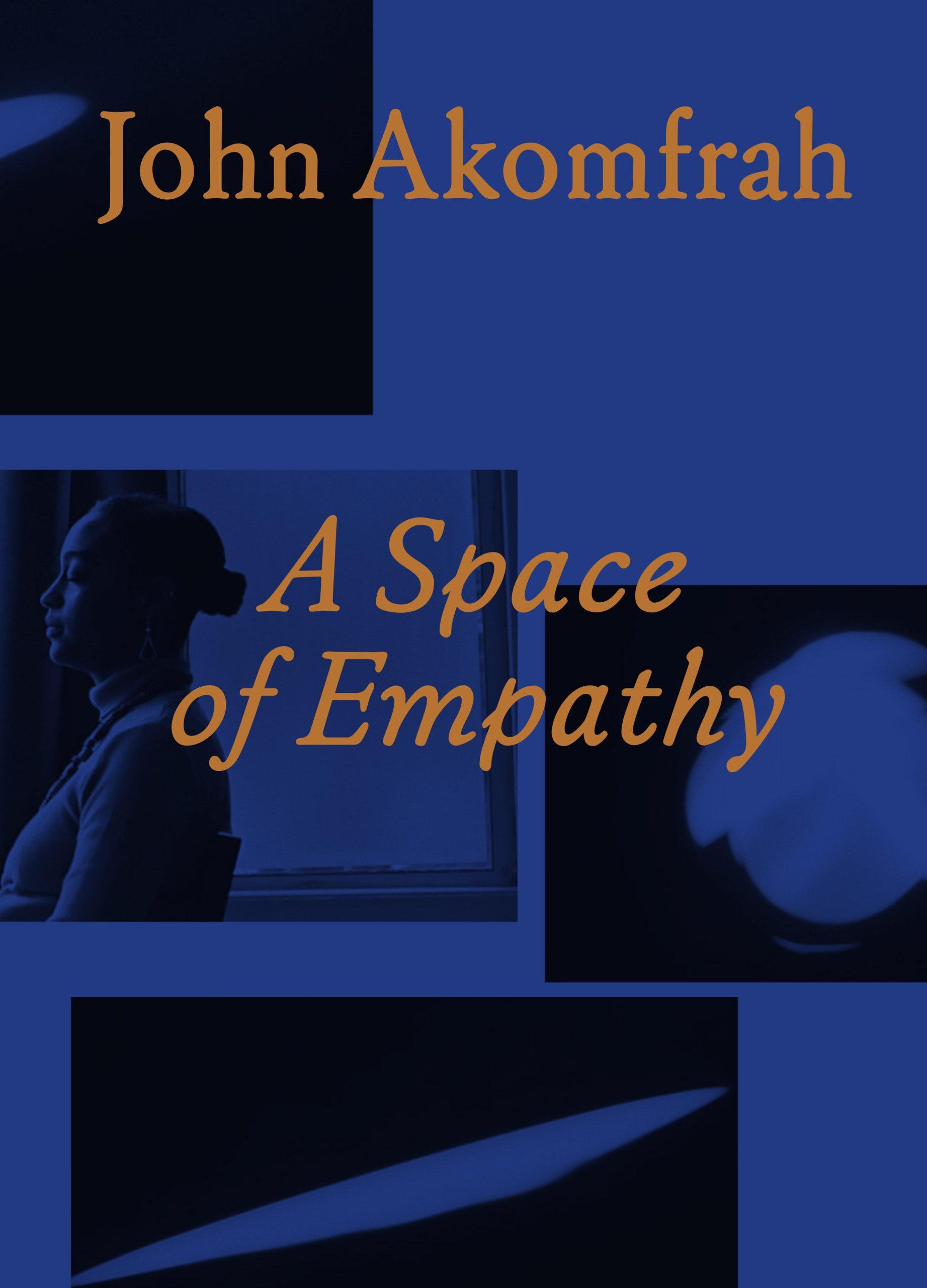
John Akomfrah (b. 1957) creates thoughtful video works of haunting audiovisual intensity. He tells of the radical changes and crises of the present and past on characteristic large-format screens. From November 9, 2023 to January 28, 2024, the Schirn Kunsthalle Frankfurt is presenting for the first time a comprehensive overview of the artist’s work in Germany, featuring a selection of three major multichannel installations from recent years: The Unfinished Conversation (2012), Vertigo Sea (2015), and Akomfrah’s new work, Becoming Wind (2023).
A co-founder of the influential London-based Black Audio Film Collective (established in 1982), Akomfrah’s work interweaves newly shot film sequences with archival material to create multilayered, at times associative collages, frequently in the form of simultaneous narrative structures. Akomfrah’s immersive installations critically examine colonial pasts, global migration, and the climate crisis. He addresses one-dimensional historical representations by allowing multiple perspectives to emerge in the narrative, disrupting the notion of linearity and the illusion of a one and only truth.
Read more
wir sind die feder in des schreibers hand,
wohin wir gehen, ist uns nicht bekannt
Farkhondeh Shahroudi
This is the first monographic overview publication of the work of Farkhondeh Shahroudi. containing a selection of the artist’s works from 1990 to 2022. The focus of the selection is on the works in which poetry and language interact. Her artworks are scripted with drawings and stitched three-dimensional collages, which are transformed into textile, collage-like morphs floating in space. They don’t appear chronologically, but rather in dialogue with the works themselves and following the writings, scoping out various aspects of her oeuvre.
For the last thirty years, Farkhondeh Shahroudi has been working with different artistic forms—poetry / automatic writing / onomatopoeia, drawings, installations, soft sculpture, performance, and photography. During these years, she has gradually separated herself from the two-dimensional canvas and delved into the spatial exploration of heterotopias, only to recently return to large-scale drawings that evoke her fantastical world of imagination, composed of small black felt pen strokes. In all these forms, language and writing are present on all levels up to the performative.
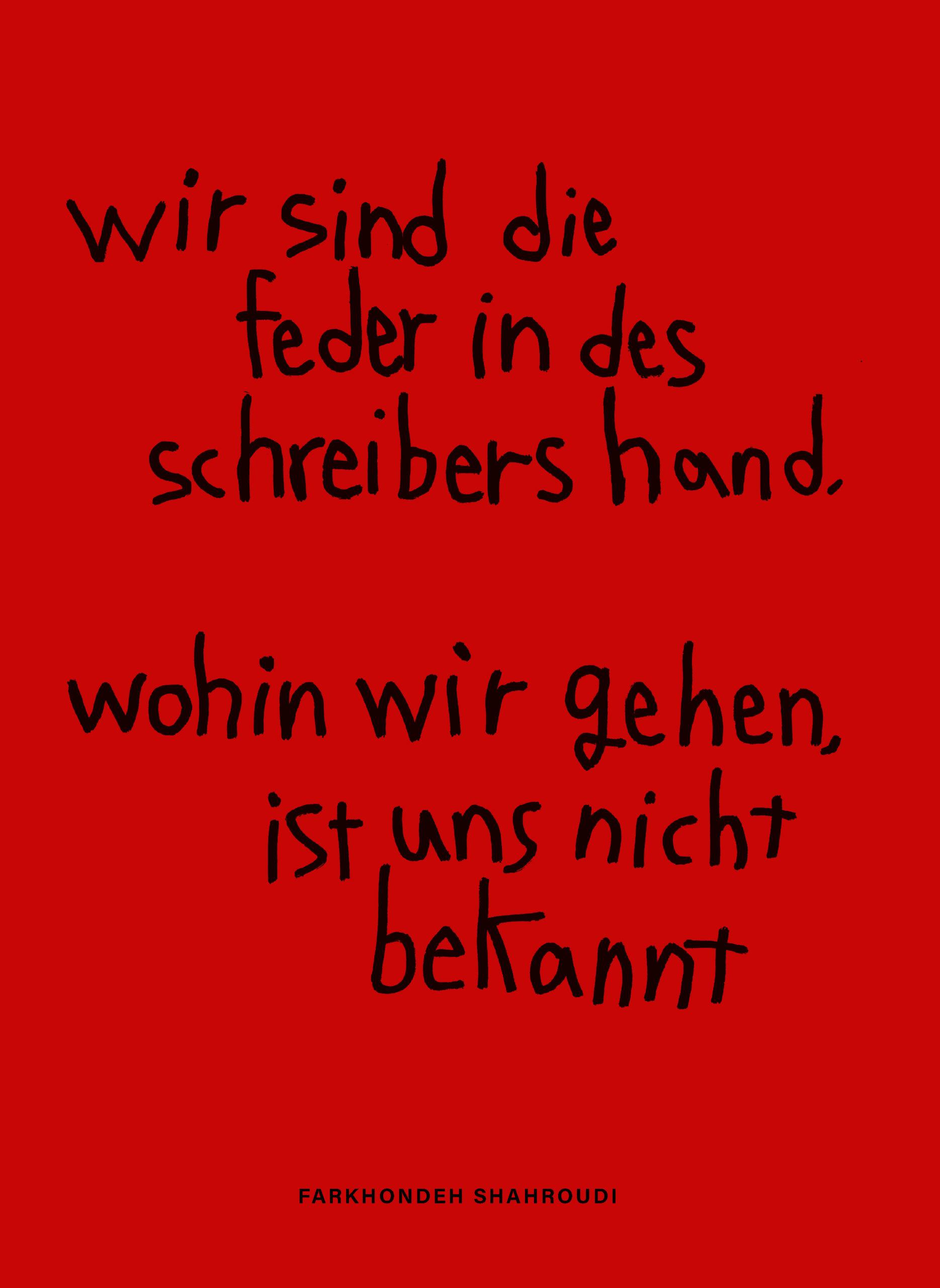
Bonaventure Son Bejeng Ndikung
An Ongoing- Offcoming Tale
Ruminations on Art, Culture, Politics and Us/Others
An Ongoing-Offcoming Tale comprises abstractions, subversions and poetic ruminations, housed within essays that engage with the lives and practices of over 30 artists. It opens with the question: If only some leaves could speak? And in the journey that follows, we encounter many such possibilities – that leave us asking questions of the boundaries we place around the things we are allowed to think, the knowledge we call knowledge, and the questions we permit ourselves to ask. The book is an exercise in learning to reimagine: bodies, land, knowledge, memory, song. Ndikung allows us to step into the visions and the lived forms of knowledge that inform his curatorial practice.
As we collectively emerge from a stillness that made it impossible to look away from the harm caused by social infrastructures we once deemed necessary, these essays are more urgent than ever. They give us tools to think with about the ‘contemporary’ in meaningful ways, enabling us to ask important questions of culture and power.
Read more
IZA series
Shaping Revolutionary Memory: The Production of Monuments in Socialist Yugoslavia
The publication presents a comprehensive overview of the vast production of monuments in socialist Yugoslavia (1945–91) dedicated to the antifascist People’s Liberation Struggle in the Second World War and the socialist revolution. Since the breakup of Yugoslavia in the 1990s, these monuments have been subject to various fates, from neglect and physical destruction to global fame generated by the high-modernist visual appeal of a number of them. But the full scope, wide-ranging diversity, and complex context of Yugoslav monument-making, including its various contradictions, have remained largely unexplored.
The book offers a thorough and interdisciplinary exploration of this phenomenon and a rich visual material to examine its key characteristics and specificities: What memorial practices and commemorative traditions preceded the development of monument-making in socialism? Who commissioned these monuments and how did Yugoslav cultural and memory politics influence their production? Who were their authors and what defined their formal and typological features? How was Yugoslav monument production related to comparative efforts abroad? What commemorative practices developed around monuments? How is this legacy evaluated and received today, both in the post-Yugoslav successor states and internationally?
Read more
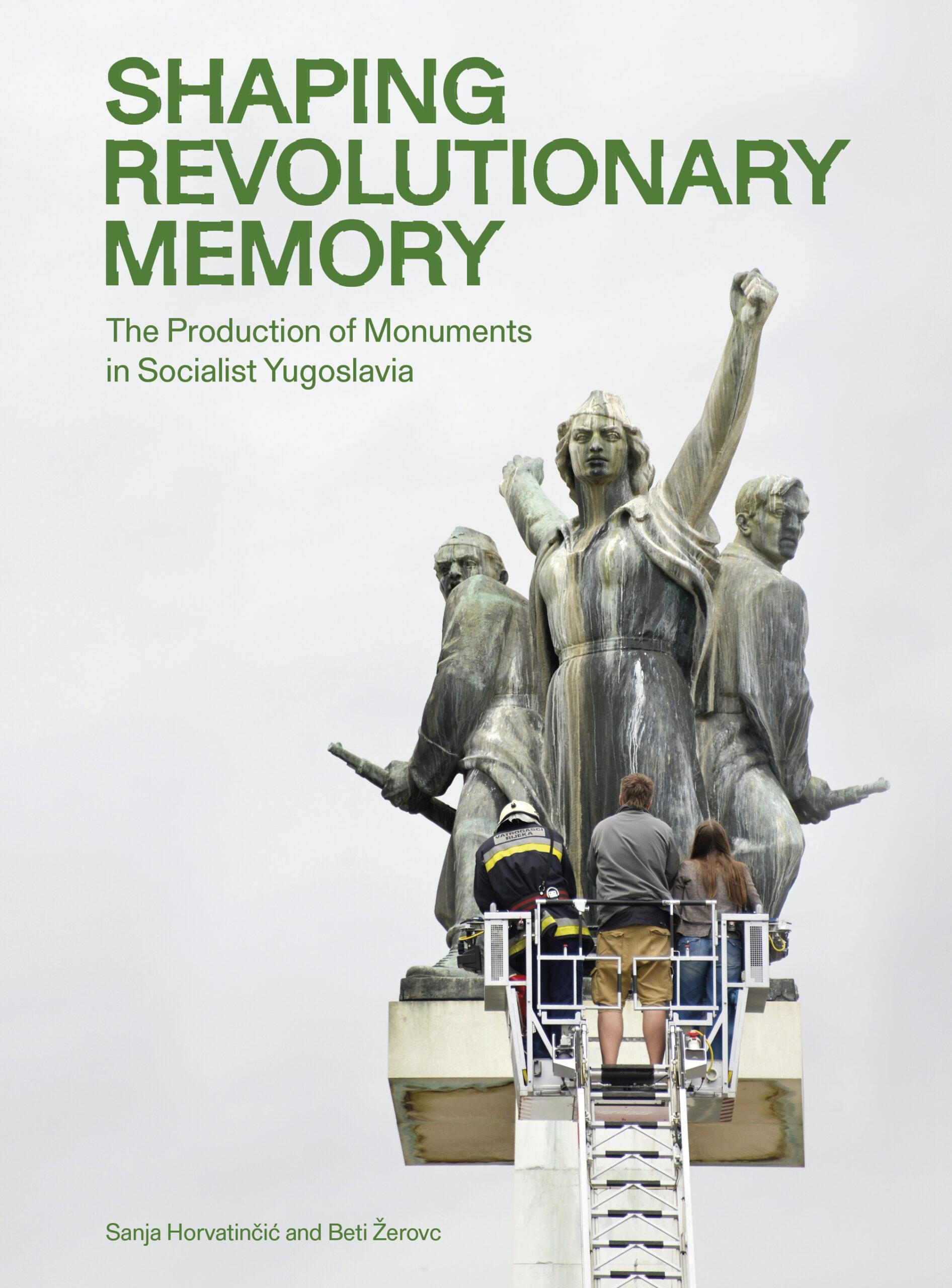
“Love is more than just empathy, a consequence of subjectivity; it is solidarity in active commitment.”
Abdias Nascimento (1914-2011) was a storyteller whose mediums of expression embraced as many forms as they could, borrowing the paths at hand to communicate ideas and reflect on the urgencies of his time and place. Nascimento’s art was sophisticated, politically and socially engaged, while making a point to remain accessible for those willing to be initiated. Repetition for Nascimento was to be found elsewhere, in the recalling of history and the sharing of original myths, in that which was snatched away from a people to whom he dedicated his entire life.
Read more
“‘Take the line for a … walk,’ suggests Paul Klee. Imran Mir has accomplished more than that. He has accompanied it far and further without parking or straitjacketing it.” — Iqbal Geoffrey
Imran Mir’s (1950-2014) oeuvre can be interpreted as a constant refusal to provide comprehensive elaboration beyond what one experiences. The act of contemplation is a guiding principle to interpreting Imran Mir’s work, an approach that reverberates into a practice that grew out of conversations with a community of artists, activists, poets, relatives, and other thinkers in Karachi.
Read more
“The logical explanation is the relationship between painting and music, both of which live in me and my work as a spiritual intermediary.”
Sedje Hémon (1923-2011) dedicated her life to showing the common origin and intersectionality of all arts and sciences, culminating in the development of a theory for the “integration of the arts.” Hémon’s multifaceted approach grew out of the urgency of her time and the need for creative expressions that she developed in the face of political ostracization and physical disability.
Read more
An Archaeology of Listening Series
Umashankar Manthravadi is an Indian self-taught acoustic archaeologist who, in the early 1980s, helped set up and maintain one of the world’s largest ethnomusicology archives, Archives and Research Center for Ethnomusicology (ARCE) in Gurgaon. His work investigates how sound can influence our understanding of ancient and contemporary sites. Building off of Manthravadi’s sonic explorations and archives, An Archaeology of Listening is a series that connects listening with history, space, knowledge and community.
A Slightly Curving Place asks what it means to listen to the past and its absence which remains. It responds to the practice of Manthravadi, who has been building ambisonic microphones since the 1990s to measure the acoustic properties of premodern performance spaces. Comprising a range of perspectives in which his propositions reverberate, the publication attends to what he does, and to the political and performative potential of the past that he opens up.
Coming to Know asks how listening to the past together might transform our sense of the knowledge held in common. It sets aside the visual techniques of the archaeological site, the museum, and the larger project of colonial modernity, and instead constitutes itself as a resonant structure—a future-oriented monument to historically situated listening bodies as well as a dwelling place for community now.
Arab Image Foundation series
Becoming Van Leo is a study of the life and times of the late Armenian-Egyptian photographer. Born in 1921, Leon Boyadjian would come to be known as Van Leo, one of the most singular twentieth-century studio photographers in the Arab world. Van Leo left behind him a 60-year body of portraiture and self-portraiture work, as well as professional and personal documents. Drawing on this abundant archive from the collections of the AIF—its most iconic one—and the American University in Cairo, in addition to accounts of people who knew him, the publication intricately narrates the story of the photographer and the man, contemplates the complex practice of commemoration, and reflects on the task of the archivist, the curator, the designer, and the author at large.
In 1941, Leon Boyadjian (1921–2002) and his brother Angelo (1917–2003) opened a studio in the living room of the family home. Angelo Studio commenced by catering to stage artists—theater actors, cabaret performers, dancers…—entertaining the Allied troops stationed in Egypt during the Second World War.
From 1937 to 1995, Leon Boyadjian took hundreds of self-portraits. A fascinating body of work unveiled here in its near entirety: 410 shots and 82variations – reframing, hand-coloring, special effects, photomontage…
Leon Boyadjian was a hoarder. Besides a vast body of work, he purposely left behind him professional and personal documents: books, periodicals, press clippings, certificates, letters, notes, lists, and assorted ephemera. With such a plethora of material, something had to be done.
SAVVY Books series
The publications in this series reflect, expand, and document the activities of the research, discursive, performative, and curatorial projects of S A V V Y Contemporary. By acknowledging the limits and faults of academic disciplines and advocating for processes of unlearning, our effort is thus to create a platform which encourages extra-disciplinary knowledges and promotes the thinking and writing of authors, artists, philosophers, scientists, and activists whose practices challenge Western epistemologies: looking towards epistemic systems from Africa and the African diaspora, Asia-Pacific, the Middle-East and Latin America.
This publication unfolds as a collection of words, works, and images that informed, incited, and embodied SAVVY Contemporary’s project Ultrasanity. On Madness, Sanitation, Antipsychiatry, and Resistance, an exhibition and research project on the elasticity of sanity.
